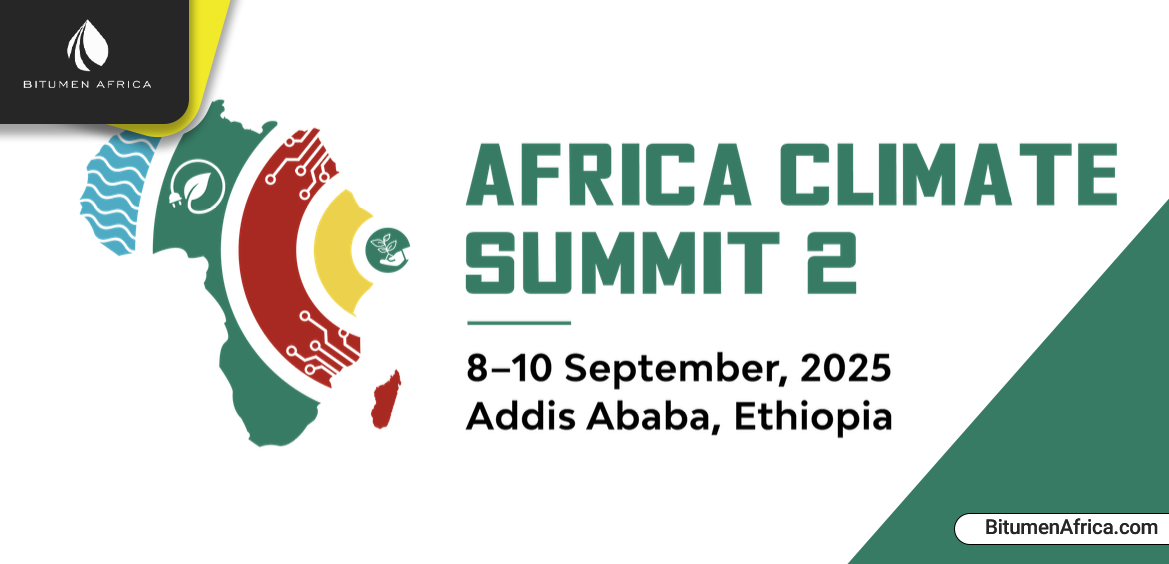In September, the Africa Climate Summit 2 (ACS2) convened in Ethiopia, drawing over 25,000 participants from across the continent. Hosted by the Government of Ethiopia and the African Union, the summit aimed to unify Africa’s voice on climate action ahead of the global COP30 summit in Brazil. Leaders, youth, civil society, and private sector representatives gathered to shape a shared vision for sustainable development, building on the momentum of the inaugural summit in Nairobi, which had already catalyzed $20 billion in climate investments.
The summit spotlighted Africa’s potential to lead the global green transition through climate finance, renewable energy, sustainable food systems, and indigenous knowledge. Organizers emphasized the need for international funding to meet regional goals and presented the continent’s priorities for COP30. Despite Africa’s minimal contribution to global emissions, the region faces severe climate impacts and requires substantial adaptation funding—estimated at $70 billion annually, though only $15 billion was spent in 2023.
Solar energy emerged as a central theme, with 20 African nations breaking records for solar panel imports, particularly from China. Yet, Africa still lags in solar installations, contributing just 4% to global solar generation despite possessing 60% of the world’s best solar resources. The gap is largely due to financial constraints. Richard Muyungi, Tanzania’s climate envoy, stressed the need for finance, technology, and capacity-building to empower Africa’s role in the global climate fight.
Renewable energy is not just a climate solution—it’s a lifeline. With 600 million Africans lacking electricity and one billion relying on polluting fuels for cooking, clean energy is essential for health, development, and energy security. As industrialization accelerates, investing in renewables can prevent a surge in fossil fuel use and foster regional power-sharing, especially between North Africa and Europe. However, leaders warned that short-term grants won’t suffice; long-term, reliable funding is critical.
ACS2 also served as a geopolitical platform. Delegates responded to President Donald Trump’s climate stance, urging the U.S. to restore climate finance. Meanwhile, the EU reaffirmed its commitment as Africa’s largest investor. Ultimately, ACS2 reinforced Africa’s strategic importance in the global energy landscape. As COP30 approaches, the summit has positioned Africa not just as a stakeholder—but as a leader—in shaping a climate-resilient future for all.

